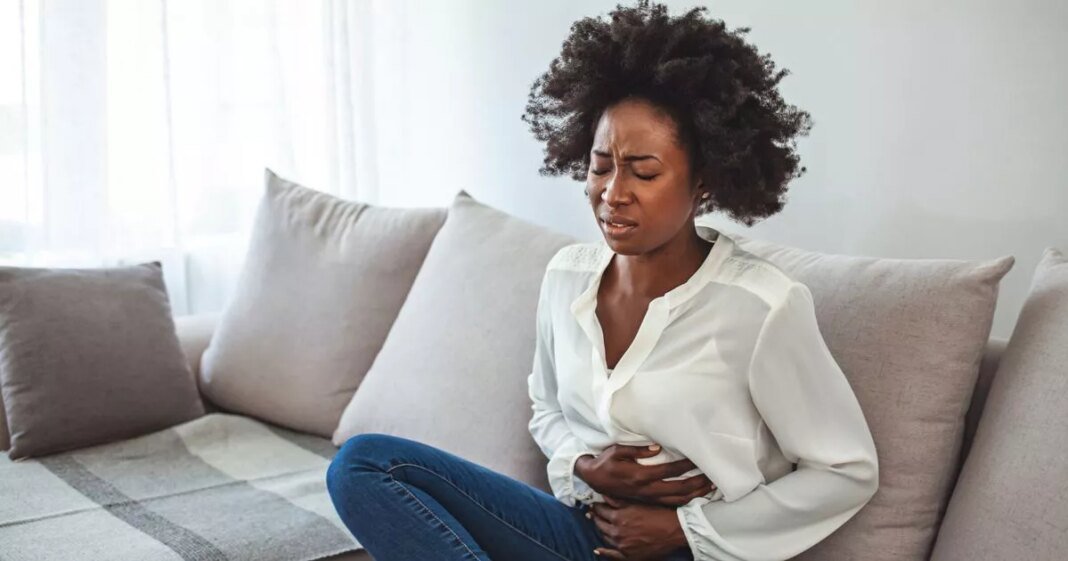Authorities in Wales have warned people to be vigilant for symptoms of unpleasant disease amid a suspected outbreak of cryptosporidium.
The nasty bug, also known as crypto, causes gastrointestinal infections, like cryptosporidiosis, signs of which can include diarrhoea, stomach pains or cramps and nausea. At least 28 people have fallen ill after feeding and petting animals at Marlborough Grange Farm in Cowbridge, south Wales.
The farm said it will now close its petting and feeding experiences due to “unforeseen circumstances” and it apologised to people who had booked, adding a full refund could be obtained. Public Health Wales is continuing its investigation, and wants to make people aware of symptoms linked to cryptosporidium infections.
Anyone who has visited the farm and is now experiencing symptoms should contact their GP. They, like anyone who has or intends to visit any farm, must follow good hygiene practices, such as washing hands thoroughly with soap and warm water after touching animals.
Have you been affected by the outbreak? Contact webnews@mirror.co.uk
The microscopic parasite causes cryptosporidiosis, which lead to severe watery diarrhoea, vomiting, stomach cramps, nausea, fever, and loss of appetite. hese symptoms can last between two to five weeks.
The UK Health Security Agency’s website reads: “Touching infected poo and then putting your unwashed hands near your mouth is a common way of catching cryptosporidiosis. You can also get it by swallowing contaminated water while swimming or drinking untreated water. Sometimes contaminated food like unwashed vegetables or raw milk can pass on the parasite too.
“The symptoms are deeply unpleasant – severe watery diarrhoea, vomiting, stomach cramps, nausea, fever, and loss of appetite. It can last around 2 weeks, with the illness seeming to improve and then returning before you properly recover. The only way to know for sure if you have the illness is by getting tested by your doctor.”
But washing hands frequently and thoroughly with soap and warm water, particularly before and after eating and going to the toilet helps prevent the spread of the bacteria. Likewise, authorities encourage us to wash and peel all fruits and vegetables, avoid drinking untreated water and avoid swallowing swimming pool or lake water.
The Mirror yesterday contacted Cowbridge Farm Shop for comment. Public Health Wales confirmed the farm has now voluntarily stopped the petting activity and is fully cooperating with the investigation.
Su Mably, Consultant in Health Protection at Public Health Wales, has advised anyone who has visited the farm and is now experiencing symptoms to contact their GP. “We are working closely with partners to investigate these cases and to understand if there is a wider risk to the public,” the expert said.
At Reach and across our entities we and our partners use information collected through cookies and other identifiers from your device to improve experience on our site, analyse how it is used and to show personalised advertising. You can opt out of the sale or sharing of your data, at any time clicking the “Do Not Sell or Share my Data” button at the bottom of the webpage. Please note that your preferences are browser specific. Use of our website and any of our services represents your acceptance of the use of cookies and consent to the practices described in our Privacy Notice and Cookie Notice.



